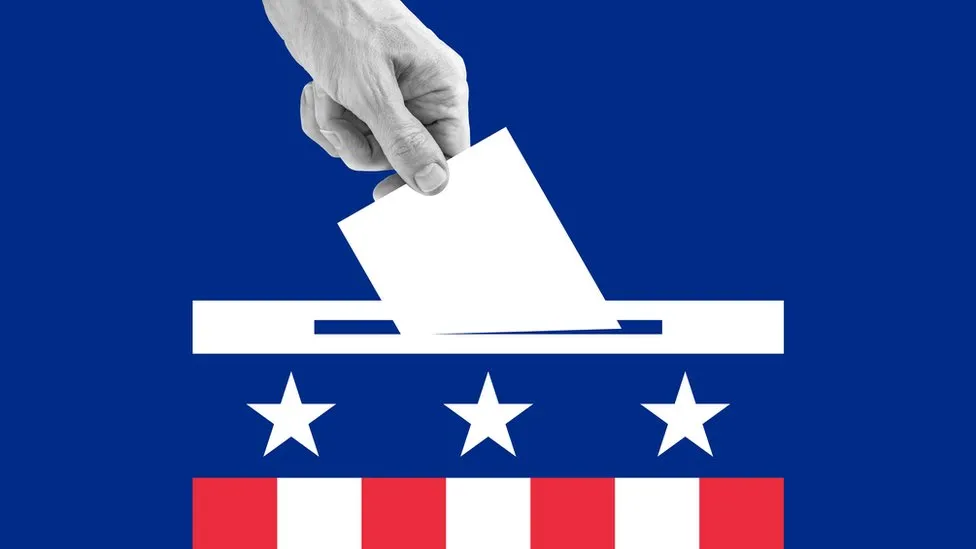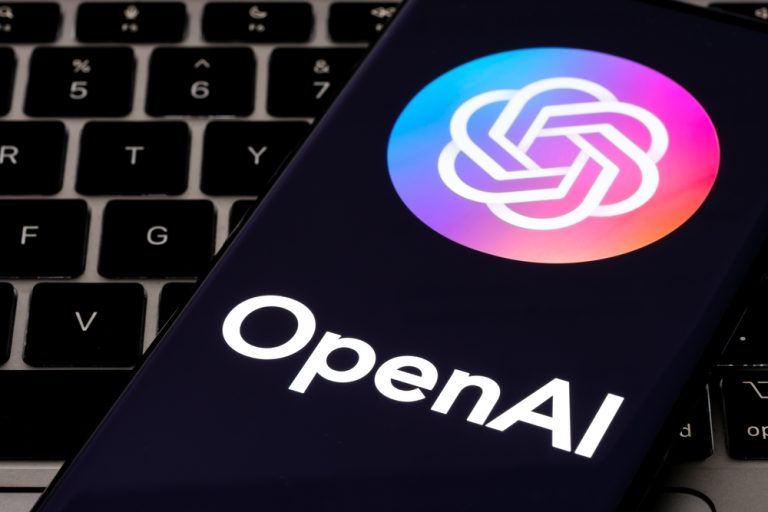In an unprecedented move, the world’s technological giants, including industry leaders like Amazon, Google, and Microsoft, have united to confront the growing threat of deceptive artificial intelligence (AI) in the electoral process. This collaboration, manifested in the signing of an accord by twenty prominent firms, aims to safeguard the integrity of elections by combating AI-generated content that misleads voters. Announced at the Munich Security Conference, the “Tech Accord to Combat Deceptive Use of AI in 2024 Elections” represents a significant commitment to ensuring that the democratic process remains untainted by the manipulative potential of advanced technology.
The initiative is critical, with an estimated four billion people expected to vote in significant elections across countries like the US, UK, and India this year. The accord outlines a series of pledges, including developing technology to detect and neutralize deceptive content, enhancing transparency regarding the actions taken by firms, and fostering a culture of knowledge sharing and public education on the dangers of manipulated content. Signatories span a broad spectrum of the tech industry, from social media giants such as X (formerly Twitter), Snap, and Meta (parent company of Facebook, Instagram, and WhatsApp) to software powerhouse Adobe.
However, the accord has its critics. Dr. Deepak Padmanabhan of Queen’s University Belfast warns that while the agreement is a step in the right direction, it may not be sufficient to prevent the spread of harmful content. The reactive nature of the accord, focusing on content removal post-publication, might allow sophisticated AI-generated misinformation to persist undetected for extended periods. Moreover, the accord’s approach to defining harmful content must have the necessary nuance, potentially leading to complex dilemmas about the legitimacy of AI-generated communications, such as those from incarcerated figures like Pakistani politician Imran Khan.
Despite these challenges, the signatories remain resolute in their mission, targeting content that falsely represents key electoral figures or misleads voters about the voting process. Brad Smith, Microsoft’s president, emphasized the collective responsibility of tech companies to prevent the weaponization of AI tools in elections. This sentiment echoes the concerns raised by US Deputy Attorney General Lisa Monaco, who highlighted the potential of AI to “supercharge” election disinformation.
As the world watches, the effectiveness of this voluntary pact remains to be seen. The tech industry’s endeavour to self-regulate and protect the electoral process from AI-driven deception marks a pivotal moment in the intersection of technology and democracy. The commitment to combat deceptive AI in elections is not just about preserving the integrity of the vote but also about safeguarding the foundational principles of informed citizenship and transparent governance.























